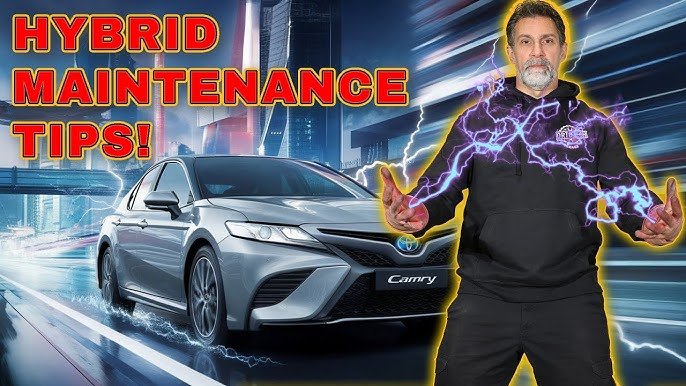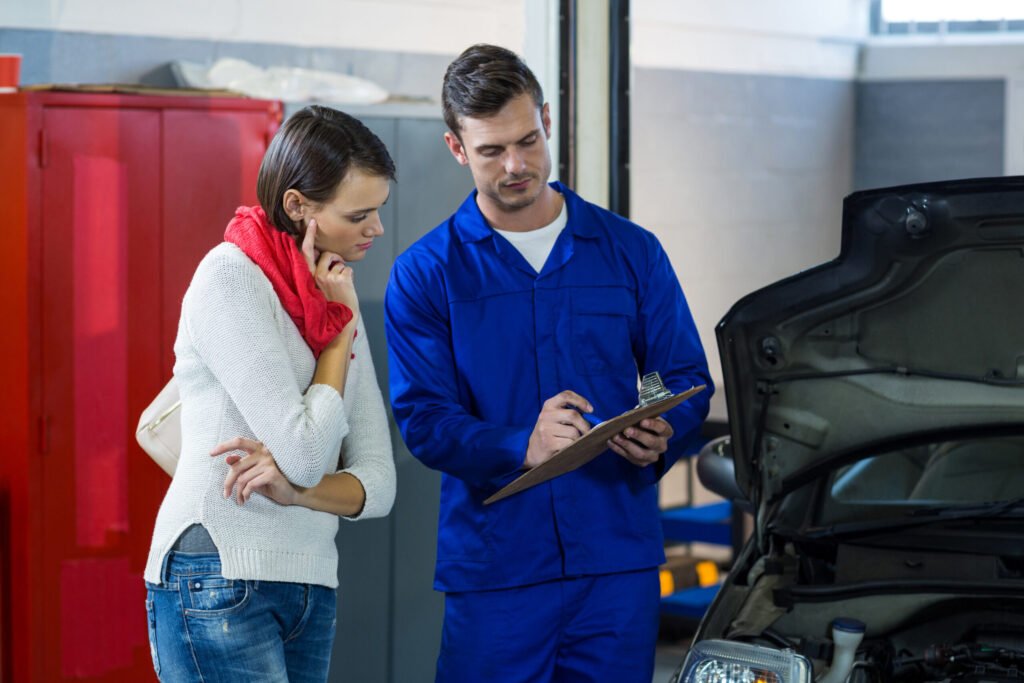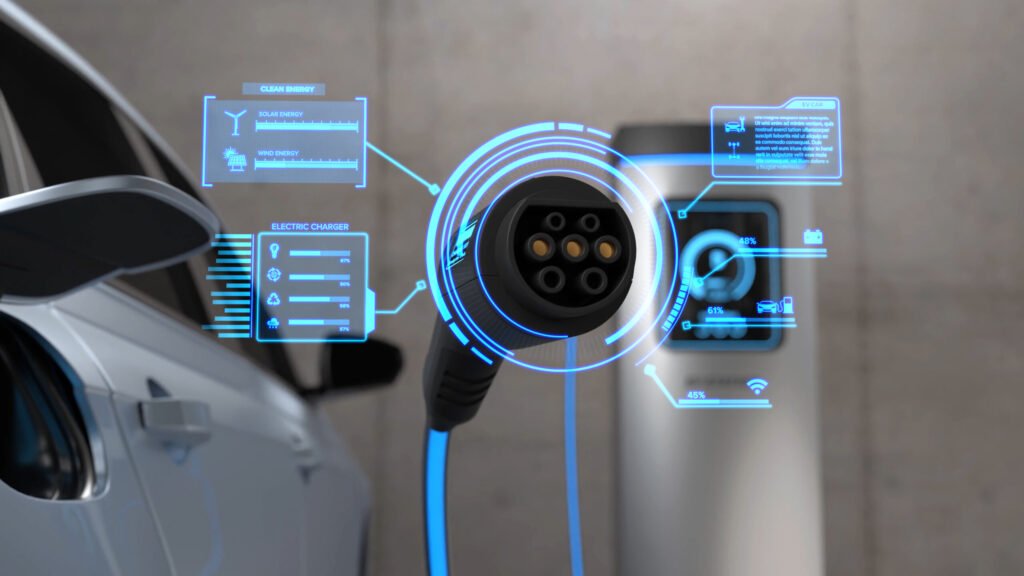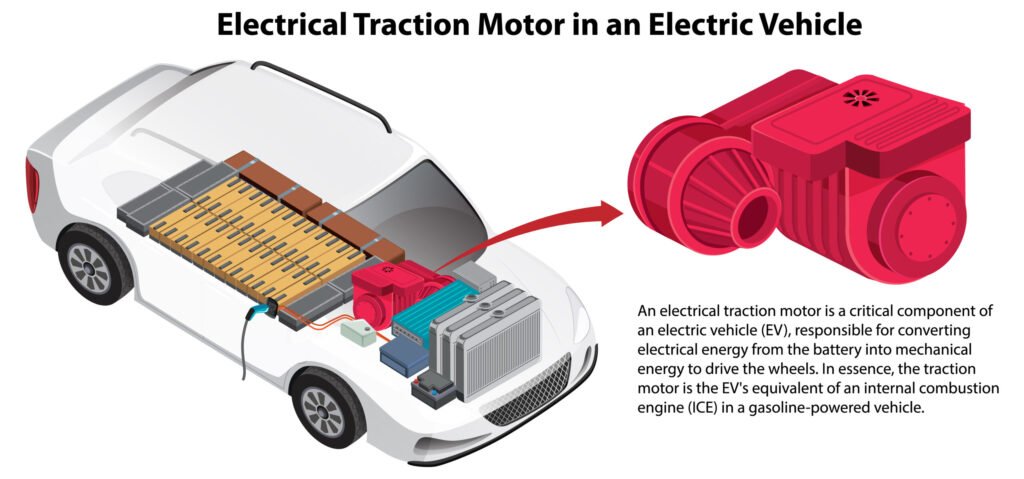Complete Hybrid Car Maintenance Guide 2025: What Every Owner Needs to Know
Hybrid car maintenance requires a unique approach that combines traditional automotive care with specialized electric vehicle knowledge. While hybrid vehicles are generally more reliable than conventional cars, understanding their dual powertrain system is essential for optimal performance and longevity. This comprehensive guide covers everything from routine maintenance schedules to cost-saving tips that will keep your hybrid running efficiently for years to come.
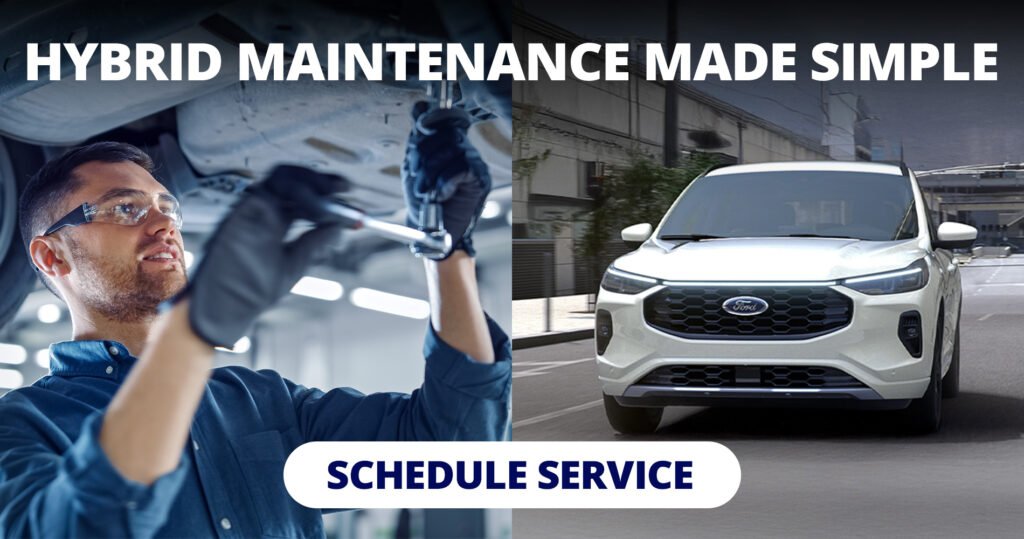
Understanding Hybrid Vehicle Systems
How Hybrid Engines Differ from Traditional Cars
Hybrid vehicles operate using both an internal combustion engine and an electric motor, creating a complex system that requires specialized maintenance knowledge. Unlike traditional cars that rely solely on gasoline engines, hybrids seamlessly switch between electric power, gasoline power, or a combination of both.
Key differences include: • Regenerative braking system that captures energy • High-voltage battery pack requiring special handling • Electric motor and power control unit • More sophisticated computer systems and software
Key Components That Require Special Attention
High-Voltage Battery System The hybrid battery is the heart of your vehicle’s electric system. Most hybrid batteries last 8-10 years or 100,000-150,000 miles, but proper maintenance can extend this lifespan significantly.
Power Control Unit (PCU) This component manages the flow of electricity between the battery, electric motor, and gasoline engine. Regular diagnostics ensure optimal performance.
Electric Motor and Generator These components require minimal maintenance but benefit from regular system diagnostics and software updates.
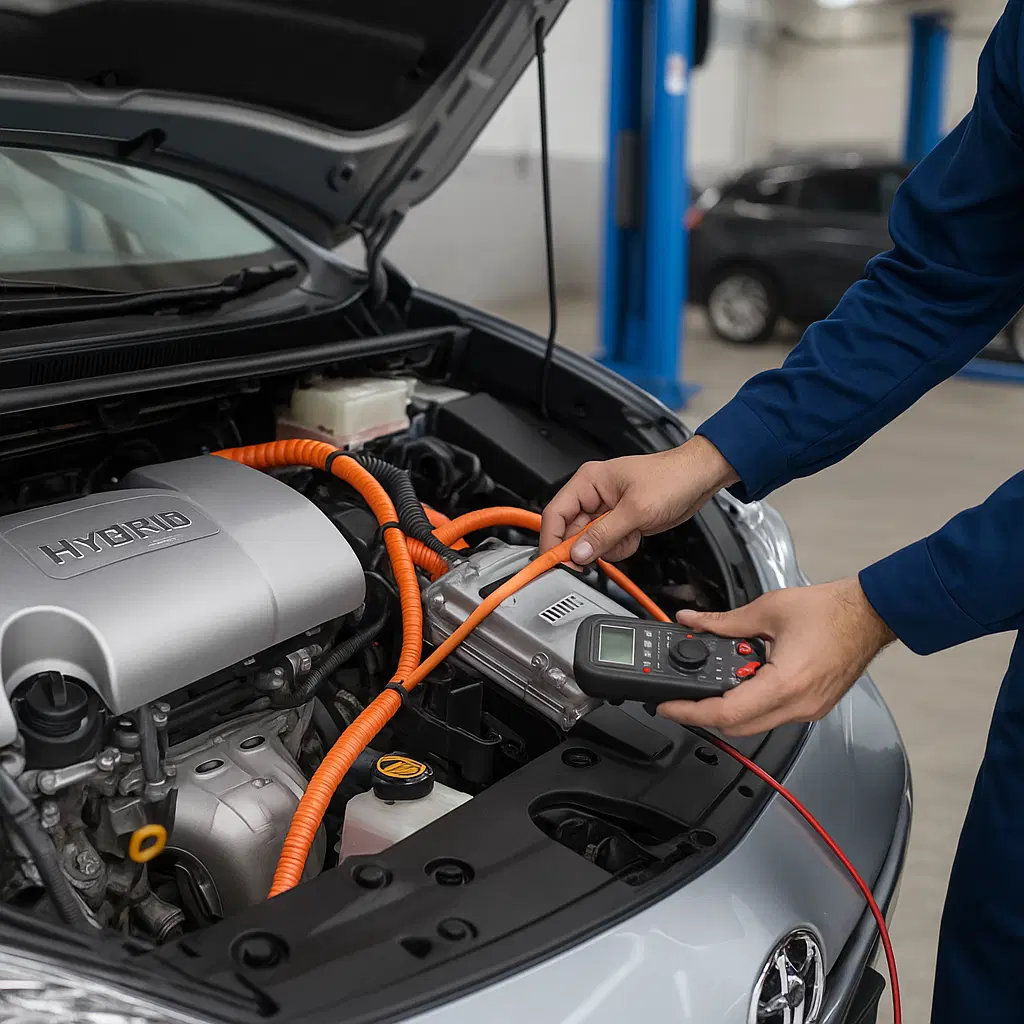
Essential Hybrid Car Maintenance Schedule
Monthly Maintenance Tasks
Check Tire Pressure Proper tire inflation is crucial for hybrid efficiency. Under-inflated tires can reduce fuel economy by up to 3%.
Inspect Exterior Lights Ensure all LED lights are functioning properly, as hybrids often use energy-efficient LED systems.
Monitor Fuel Economy Track your MPG to identify potential issues early. Sudden drops in efficiency may indicate maintenance needs.
Every 6 Months: Critical Checkpoints
Battery System Health Check • Visual inspection of battery cooling system • Check for corrosion on high-voltage connections • Verify proper ventilation around battery pack
Brake System Inspection Hybrid brakes experience less wear due to regenerative braking, but they still require regular inspection for optimal safety.
Air Filter Replacement Clean air filters improve engine efficiency and should be checked every 6 months or 15,000 miles.
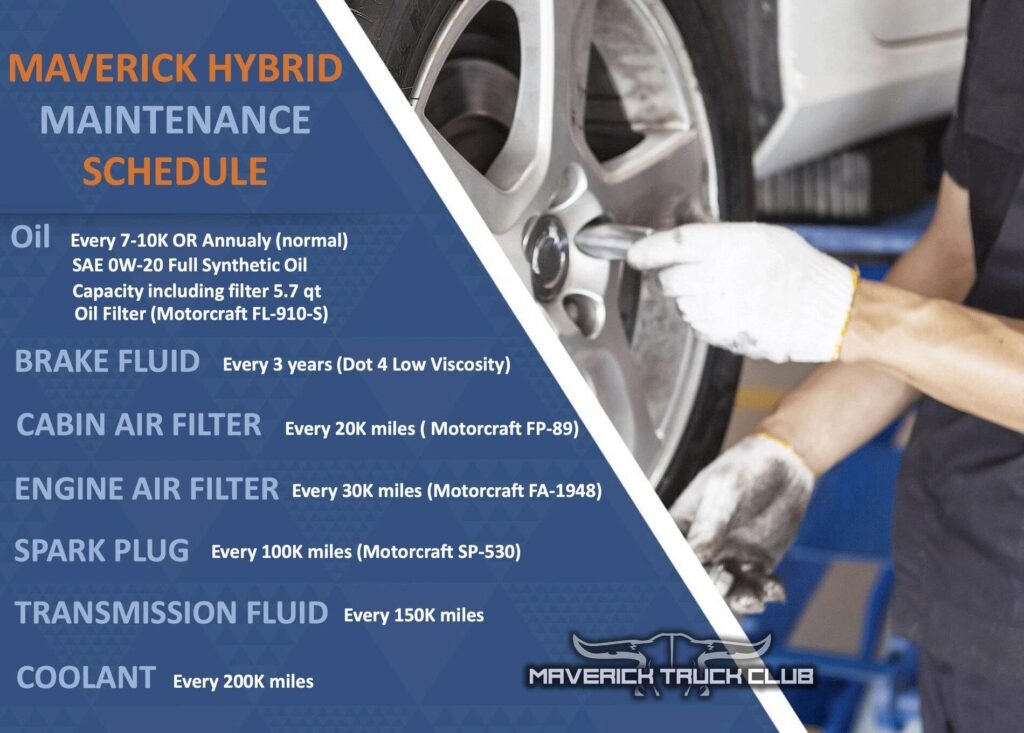
Annual Hybrid System Inspections
Comprehensive Diagnostic Scan Professional-grade diagnostic tools can identify potential issues before they become costly repairs.
Software Updates Hybrid systems benefit from periodic software updates that can improve efficiency and performance.
Cooling System Service Hybrids have complex cooling systems for both the engine and battery. Annual coolant system service prevents overheating issues.
Hybrid Battery Maintenance and Replacement
Signs Your Hybrid Battery Needs Attention
• Decreased fuel economy (sudden drop of 5+ MPG) • Dashboard warning lights • Reduced electric-only driving range • Unusual noises from battery area • Vehicle struggling to start
Extending Battery Life: Pro Tips
Temperature Management Park in shaded areas when possible. Extreme temperatures (both hot and cold) can reduce battery efficiency and lifespan.
Driving Habits • Avoid rapid acceleration and hard braking • Use eco-mode when available • Maintain steady speeds on highways • Don’t let the battery completely drain
Regular Use Drive your hybrid regularly. Batteries that sit unused for extended periods can degrade faster.
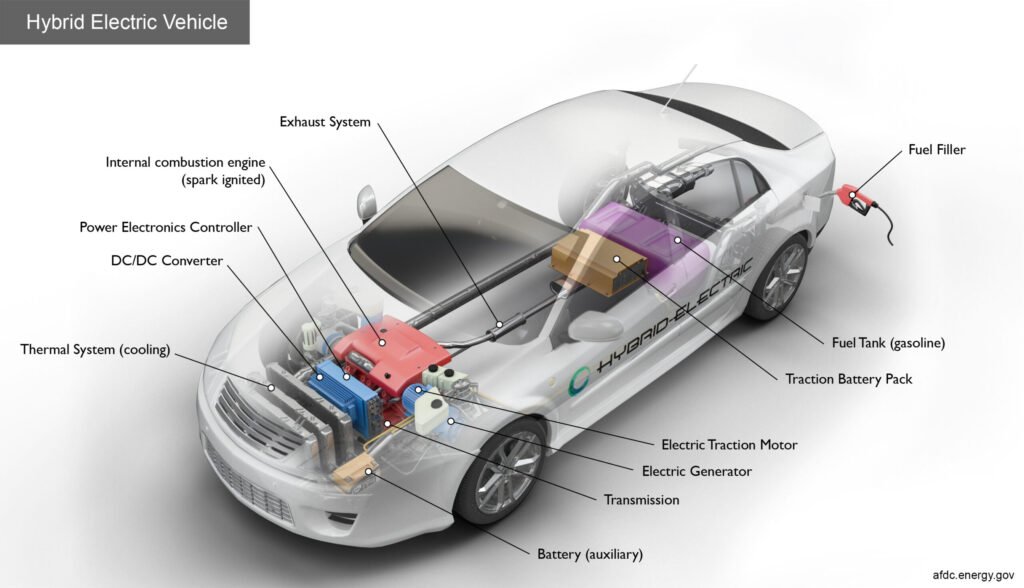
Replacement Costs and Warranty Information
Average Replacement Costs: • Toyota Prius: $3,000-$4,500 • Honda Insight: $2,500-$3,500 • Camry Hybrid: $4,000-$5,500
Most manufacturers offer 8-year/100,000-mile battery warranties, with some extending to 10 years in certain states.
Unique Maintenance Requirements for Hybrids
Brake System Maintenance (Regenerative Braking)
Regenerative braking systems require special attention:
Brake Fluid Service Change brake fluid every 2-3 years, as hybrid brake systems can accumulate moisture more quickly.
Brake Pad Inspection While hybrid brake pads last longer (often 80,000+ miles), they should be inspected annually for uneven wear.
System Calibration After brake service, the regenerative braking system may need recalibration by a certified technician.
Cooling System Care for Dual Powertrains
Hybrid vehicles have separate cooling systems for the engine and battery:
Engine Coolant Service Follow manufacturer recommendations, typically every 60,000-100,000 miles.
Battery Cooling System Check air filters and vents monthly. Battery cooling systems use cabin air, so replace cabin filters regularly.
Software Updates and Diagnostics
ECU Updates Engine control unit updates can improve fuel efficiency and fix known issues.
Battery Management System Regular diagnostics ensure the battery management system is operating optimally.
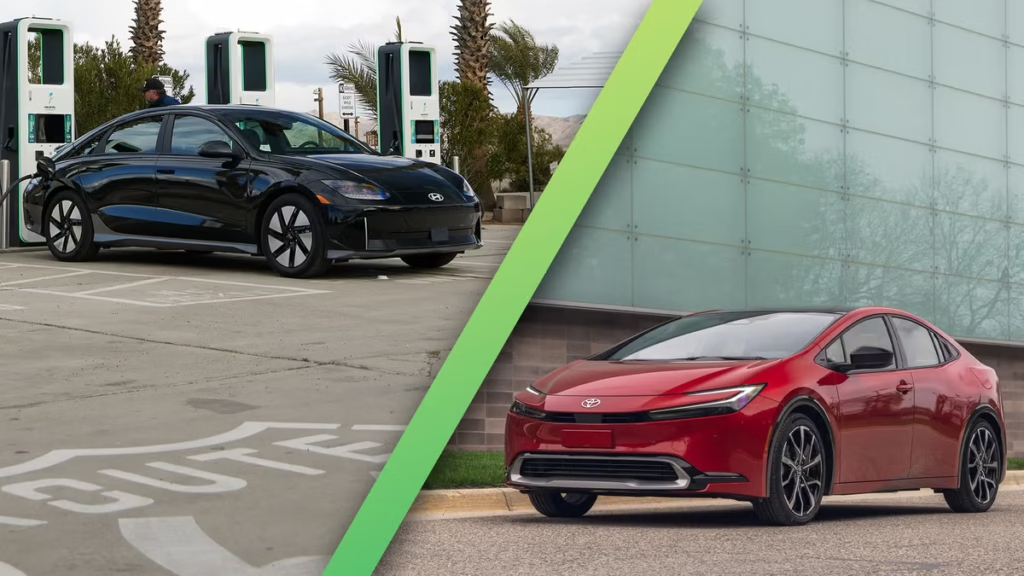
Cost Comparison: Hybrid vs. Traditional Car Maintenance
Average Annual Maintenance Costs
Hybrid Vehicles: $435-$580 annually • Lower brake maintenance costs • Reduced oil change frequency • Higher diagnostic costs
Traditional Vehicles: $500-$700 annually • More frequent oil changes • Higher brake wear • Standard diagnostic equipment
Long-term Savings Analysis
Over 10 years, hybrid owners typically save: • $1,200-$2,000 in brake maintenance • $300-$500 in oil changes • $2,000-$4,000 in fuel costs
However, potential battery replacement costs must be factored into long-term ownership calculations.
DIY vs. Professional Hybrid Maintenance
What You Can Do at Home
Safe DIY Tasks: • Air filter replacement • Cabin filter replacement • Tire rotation and pressure checks • Basic visual inspections • Washing and waxing
Required Tools: • Insulated gloves for any electrical work • Digital multimeter • Basic hand tools • Jack and jack stands
When to Visit a Certified Technician
Professional Service Required: • High-voltage system diagnostics • Battery service or replacement • Brake system bleeding • Software updates • Transmission service • Any warning light diagnostics
Certification Importance: Always choose technicians certified in hybrid vehicle service. Improper handling of high-voltage systems can be dangerous and void warranties.
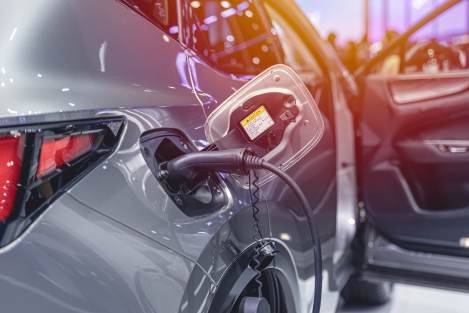
Seasonal Maintenance Tips
Winter Preparation
• Check battery performance in cold weather • Inspect heating system efficiency • Verify tire tread and pressure • Test remote start functionality
Summer Readiness
• Clean battery cooling vents • Check air conditioning refrigerant • Inspect cooling system components • Verify proper tire pressure for heat expansion
Frequently Asked Questions
Q: How often should I service my hybrid? A: Follow your manufacturer’s recommended schedule, typically every 5,000-10,000 miles for oil changes and every 12 months for comprehensive inspections.
Q: Can I take my hybrid to any mechanic? A: While basic maintenance can be performed anywhere, complex hybrid system work should only be done by certified hybrid technicians.
Q: Do hybrid cars require special oil? A: Most hybrids use conventional or synthetic oil, but always check your owner’s manual for specific requirements.
Q: How long do hybrid batteries last? A: Most hybrid batteries last 8-15 years or 100,000-200,000 miles with proper maintenance.
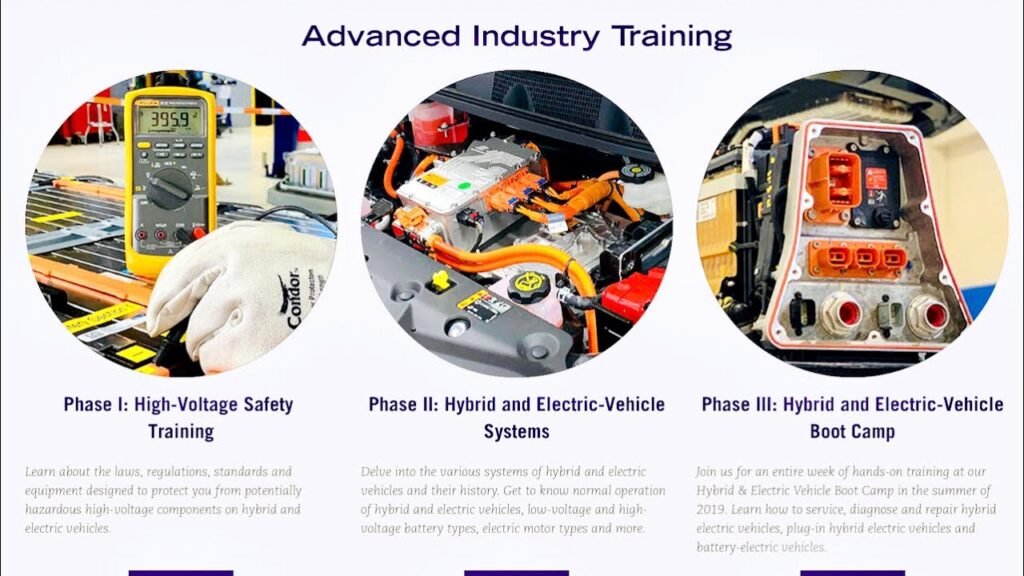
Conclusion
Proper hybrid car maintenance is essential for maximizing your vehicle’s efficiency, reliability, and lifespan. While hybrids require some specialized knowledge and occasionally higher diagnostic costs, the long-term savings in fuel and brake maintenance often offset these expenses.
Remember to follow your manufacturer’s recommended maintenance schedule, choose certified technicians for complex work, and stay proactive about addressing warning signs. With proper care, your hybrid vehicle can provide reliable, efficient transportation for many years.
For more information about top-rated hybrid vehicles or a hybrid vs electric comparison, explore our comprehensive automotive guides.

